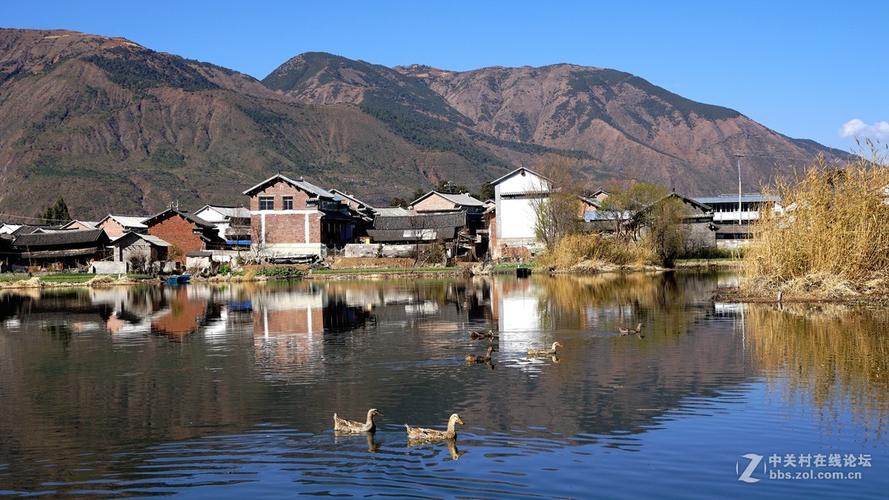Cultural heritage refers to the collection of traditions, knowledge, and artifacts that are passed down from generation to generation. The importance of cultural heritage topics in the preservation of our history cannot be overemphasized. Cultural heritage plays a critical role in shaping our identity, connecting us with our past and acting as a bridge to future generations.
Preservation of cultural heritage is essential to safeguard the history and traditions of humanity. Cultural heritage not only helps understand the past, but it also has enormous significance for the present and the future. It is through cultural heritage that a sense of national identity is developed, and it contributes to the preservation and transmission of cultural knowledge and language.
It is evident that cultural heritage is incredibly diverse, ranging from tangible heritage such as architecture, monuments, and artwork, to intangible heritage such as music, dance, language, and rituals. While every culture has its unique heritage, heritage has a universal capacity to instill emotions and bring people closer to their roots.
Preserving cultural heritage topics are critical to fostering a sense of cultural identity and empowerment, particularly for minority communities. These communities have their struggle with preserving their heritage as they often face risks of assimilation or discrimination. However, cultural heritage is also a source of pride, resilience, and inspiration for them.
Cultural heritage can also contribute to the economy through tourism. Tourists are drawn to destinations that have a rich cultural heritage as they offer a unique experience, a sense of history, and authenticity. Tourism revenue from cultural heritage sites can be high, and this could provide an economic incentive for the preservation of cultural heritage.
In conclusion, preserving cultural heritage topics are an essential part of preserving the world’s history. It is a multi-faceted issue that requires the involvement of all stakeholders- communities, governments, NGOs, and heritage professionals. Only through shared responsibility, commitment, and action can we ensure the protection and transmission of our cultural heritage to future generations.
(Note: Do you have knowledge or insights to share? Unlock new opportunities and expand your reach by joining our authors team. Click Registration to join us and share your expertise with our readers.)
Speech tips:
Please note that any statements involving politics will not be approved.
